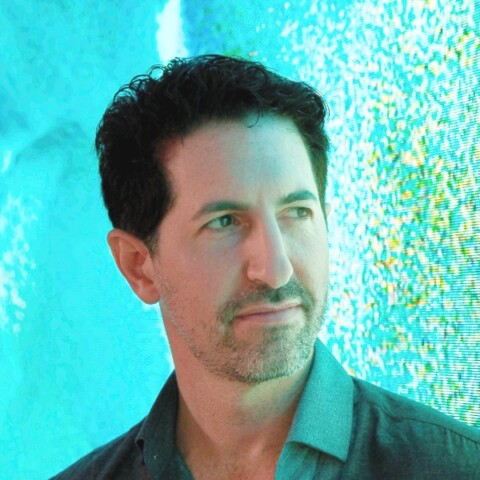Humans may think they’re excellent decision makers but how good are we really at evaluating risk and coming to the right conclusion? In this DLD talk, neurologist Moran Cerf shows that the human brain is deeply flawed when it’s tasked with making rational decisions – especially under pressure.
Cerf’s key example concerns nuclear weapons. Before Russia invaded Ukraine, most people thought of an atomic war as highly unlikely; but now that the risk seems real, there’s suddenly talk of “mini nukes”, Cerf points out.
This is a way “to normalize the idea that, yes, it’s going to be a nuclear bomb that we’re going to launch in other countries. But because it’s a mini nuke, it’s not really a nuke, so don’t worry about it”, he says.
In reality, though, a mini nuke is the kind of bomb “that was launched at Hiroshima and Nagasaki, because now we have big nukes” which are much more destructive.
In his whirlwind talk, Cerf explores if there is a way to train the brain to think about things that are very unlikely, and how decision making could be improved – for presidents and business leaders alike. Perhaps even with the help of artificial intelligence.



